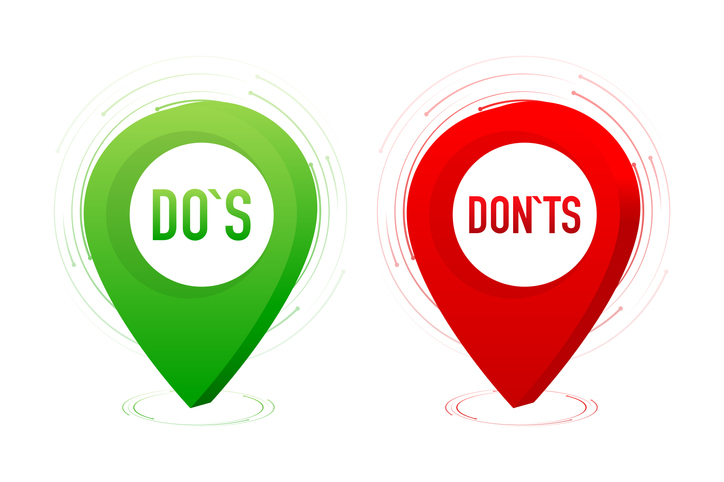Most leaders are encountering the challenge of understanding how artificial intelligence (AI) integrates into the future of healthcare organizations, a task for which they are largely unprepared. Sales pitches touting the benefits of AI-enabled products, such as enhancing patient health, increasing profits, reducing costs, alleviating burnout, and more, are inundating clinicians and administrators. However, frontline staff may find themselves perplexed by these new capabilities or worried about potential job displacement due to AI. Legal professionals are closely monitoring accountability issues when AI errors occur, adding another layer of complexity to the situation.
Undoubtedly, AI holds immense potential to transform healthcare by swiftly analyzing vast amounts of medical images to detect tumors, sifting through extensive data to identify critical patients, streamlining complex medical scheduling, and evaluating patient records to improve care quality.
As companies look to incorporate AI into routine procedures and medical care, they face numerous questions and challenges. How can organizations ensure that their data meets AI standards? What are the best practices for training employees to use AI applications effectively and enhance performance? How should companies address unexpected behaviors in AI software? What is the optimal balance between artificial intelligence and human judgment?
These are just a few of the inquiries that medical executives must address, and superficial internet searches or simplistic solutions are unlikely to provide satisfactory answers. To address these complex issues, a structured educational program is essential. By engaging in short but intensive training sessions over several weeks, administrative and clinical leaders can gain practical experience with AI technologies, understand their potential, and recognize their limitations. Platforms like ChatGPT and Tensorflow Playground offer hands-on experience in AI programming, allowing students to create their AI models.
Through these educational initiatives, participants can interact with experienced instructors, collaborate with peers facing similar challenges, and learn from real-world examples of AI implementation in other organizations. This immersive learning approach equips leaders to make informed decisions, avoid costly mistakes, and maximize the benefits of AI investments.
Developing the Skills to Ask the Right Questions
In many cases, organizations will not be responsible for developing AI applications themselves but will need to evaluate and implement AI solutions from external vendors. To make informed decisions, decision-makers must grasp fundamental AI concepts, ask pertinent questions, and avoid being swayed by technical jargon. By undergoing formal AI training, they can effectively assess vendors’ claims and select solutions that align with their organization’s needs.
For example, when evaluating an AI system’s performance in detecting lung cancer from X-rays, decision-makers should inquire about the integrity of the training data, the system’s ability to generalize to new data, and the real-world applicability of the AI model. By asking targeted questions and seeking references from other organizations, decision-makers can make informed choices and avoid potential pitfalls in AI adoption.
Managing AI Implementation
As AI permeates various administrative and clinical functions within healthcare organizations, leaders must proactively address ethical, legal, and operational challenges that may arise. Establishing clear guidelines for handling situations where AI recommendations diverge from human judgment, ensuring fairness in AI algorithms, and aligning AI initiatives with organizational goals are crucial steps in effective AI management. Early engagement with these issues can inform the development of robust governance frameworks to guide AI implementation.
Building a Culture of AI Literacy
As AI becomes increasingly integral to healthcare operations, cultivating a culture of AI literacy across the organization is essential. From frontline staff to C-suite executives, all employees should receive tailored training to understand AI’s capabilities, limitations, and implications for their roles. By fostering a shared understanding of AI principles and encouraging open dialogue about AI adoption, organizations can harness the full potential of AI technologies and drive innovation in healthcare delivery.
In conclusion, investing in comprehensive AI education and training is essential for healthcare organizations looking to leverage AI effectively. By equipping leaders and staff with the knowledge and skills to navigate the complexities of AI adoption, organizations can enhance patient care, drive operational efficiency, and stay ahead in the rapidly evolving healthcare landscape.






